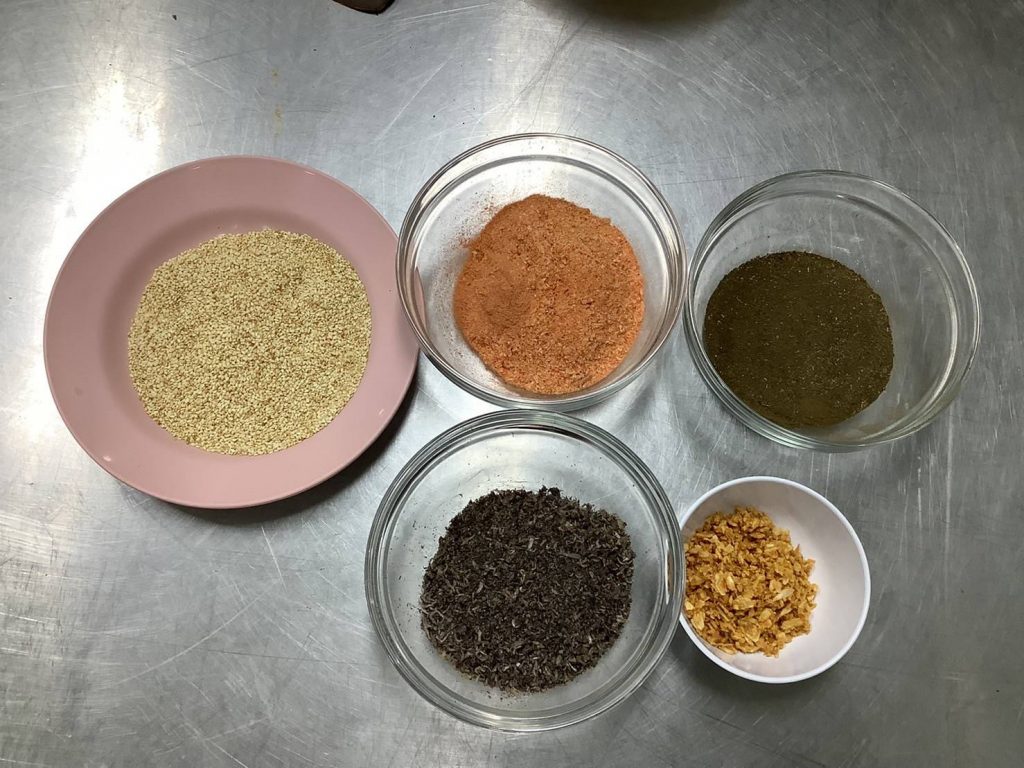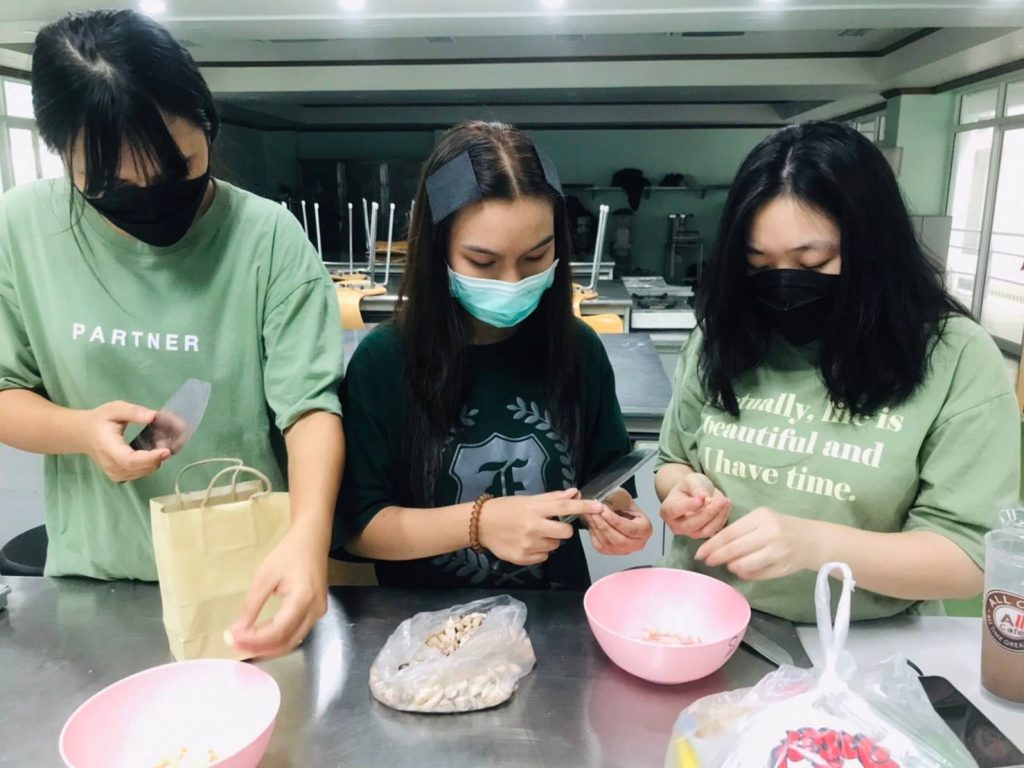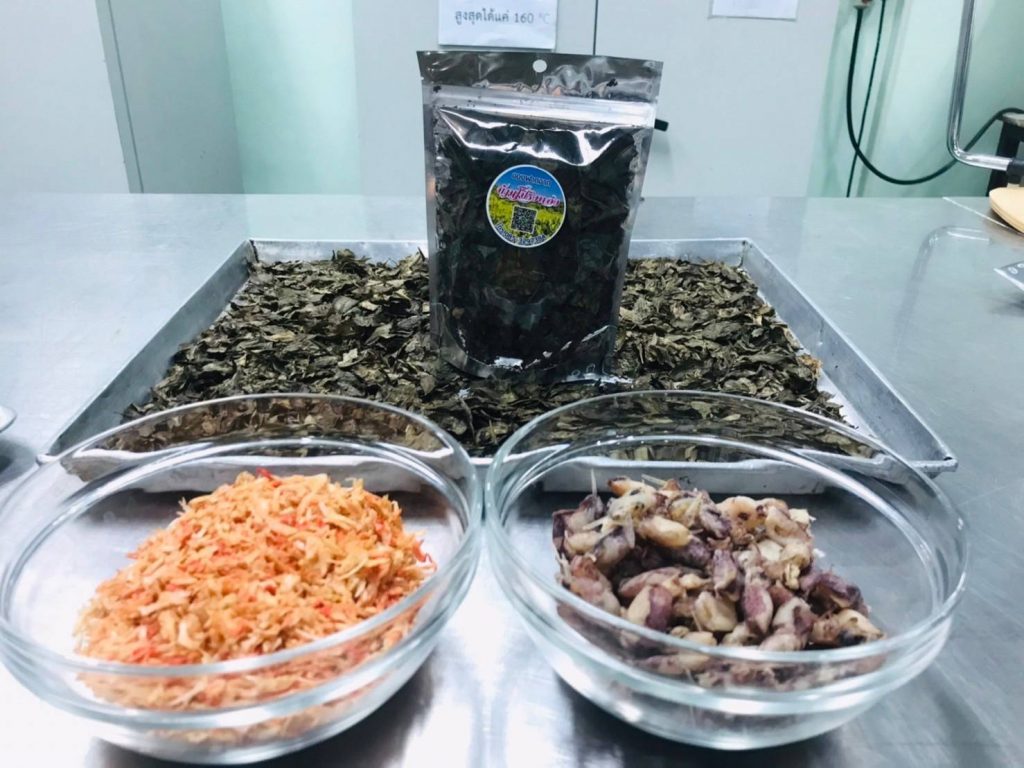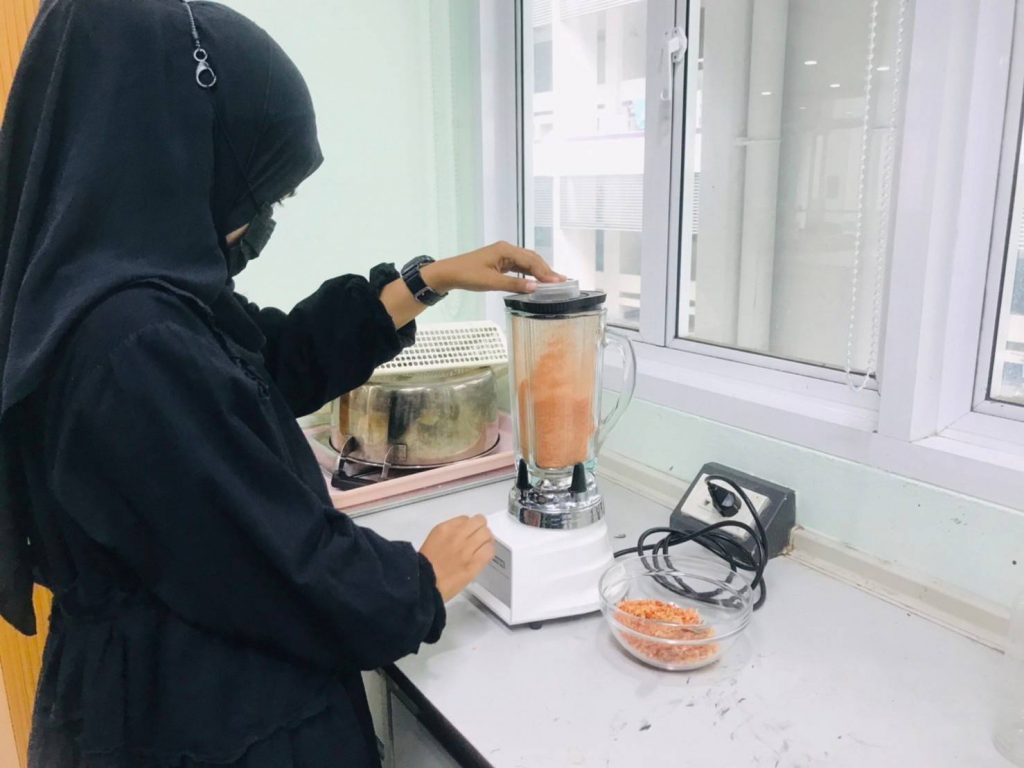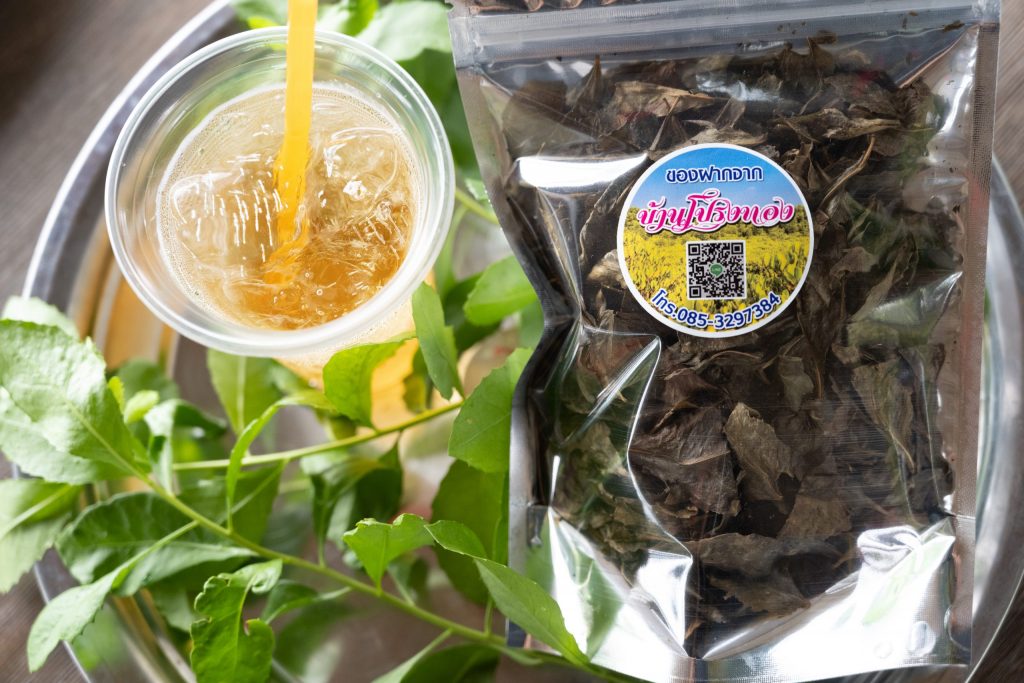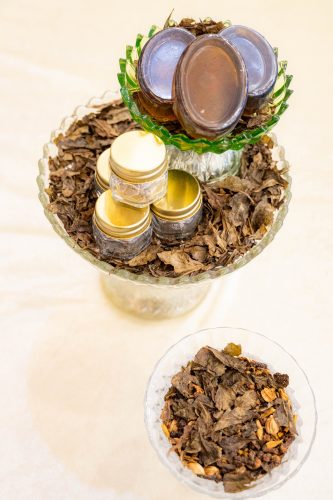
Ton Khlu, an indigenous plant, is simple to cultivate because of natural reproduction. It grows near the coast, in bogs, or in lush mangrove forests, particularly in Pak Nam Prasae, Klaeng District, Rayong Province, where the locals utilize it to produce “Khlu tea,” which they sell across the nation. Khlu has reportedly been utilized as a medicinal herb in Thai culture for a long time, according to writings on traditional medicine. They were both consumed as vegetables, either blanched with chili paste or added to roasted curries. The leaves have also been affected. It used to make tea so that you could quench your thirst. Diuretics and klu offer a lot of therapeutic benefits in addition to aiding in the treatment of kidney stones.
Consequently, to maintain Thai people’s knowledge and achieve royal aims for the use of educational resources. The Faculty of Home Economics Technology at RMUTP has organized a herbal product development project in response to His Majesty the King’s announcement of the Royal Initiative of the Plant Genetic Conservation Project in order to use plant genetics by fusing home economics to the times through the development and value addition of klu leaves as a Khlu items will become more well-known and intriguing if regional raw resources are used as ingredients.
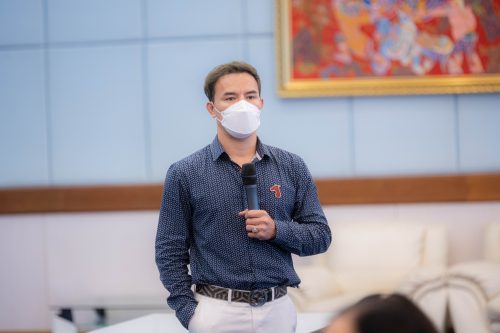
Ajarn Anusorn Jaiton said that Khlu departs with the creation of new things to conserve and create goods that benefit from plant genetics as part of the Royal Initiative Project which saw a research tour to the Prasae Homestay Tourism Group Community Enterprise conducted by the Faculty of Home Economics Technology, RMUTP. Tea made from Khlu leaves is produced in the Pak Nam Prasae Subdistrict, Klaeng District, Rayong Province in order to educate students about studying, investigating, and gathering data about therapeutic plants and also fulfill royal initiatives in learning resources utilization and raising awareness of the conservation of existing natural resources in Thailand, as well as for the development and processing into new products that can be consumed in a more diverse manner and represent the inheritance of the wisdom of the Thai people.
Ajarn Anusorn Jai-ton claims that goods developed by students often contain knowledge from the study tour, such as rice powder made from Khlu leaves. With Assistant Professor Dr. Nomchit Suteebutr serving as the project’s advisor, this is the outcome of the invention of Thai plant genetics and Japanese rice sprinkle powder. It contains characteristics that can help with removing impurities and lessen the itchiness brought on by insect bites. Ajarn Anusorn Jaiton said that Ajarn Sakarin Hongrattanaworakit, is an advisor, and herbal inhalation remedies for vertigo and relaxation and also The Faculty of Home Economics Technology expects a research trip in addition to conservation. It also teaches students how to do research and acquire information to produce items. It involves access to genetic resources, biosecurity, and knowledge on how to maintain biodiversity sustainably. It also integrates training and learning with the creation of new goods. In terms of the community, the integration’s goods may be further expanded into community products, maintaining community knowledge while also generating additional revenue.
